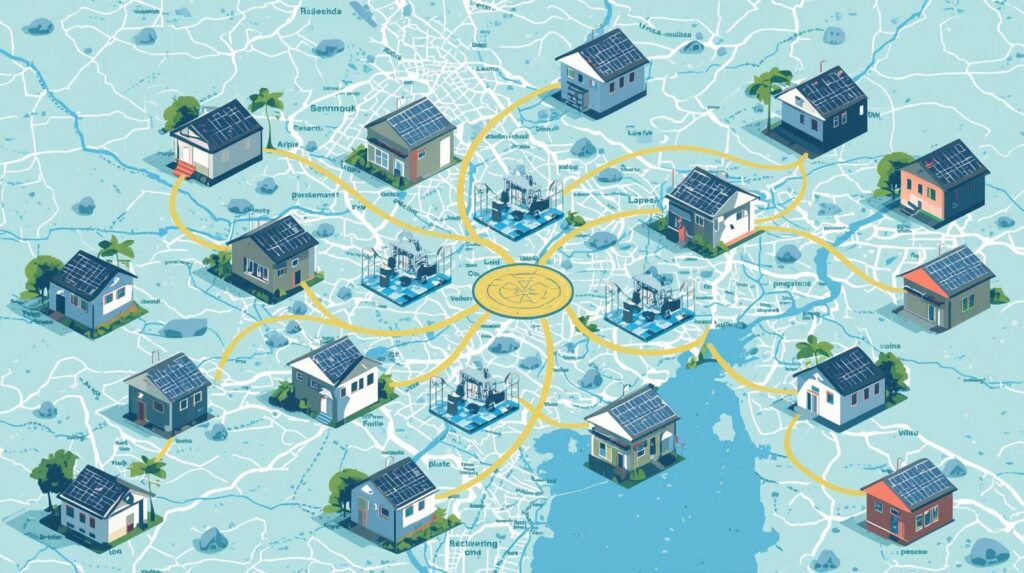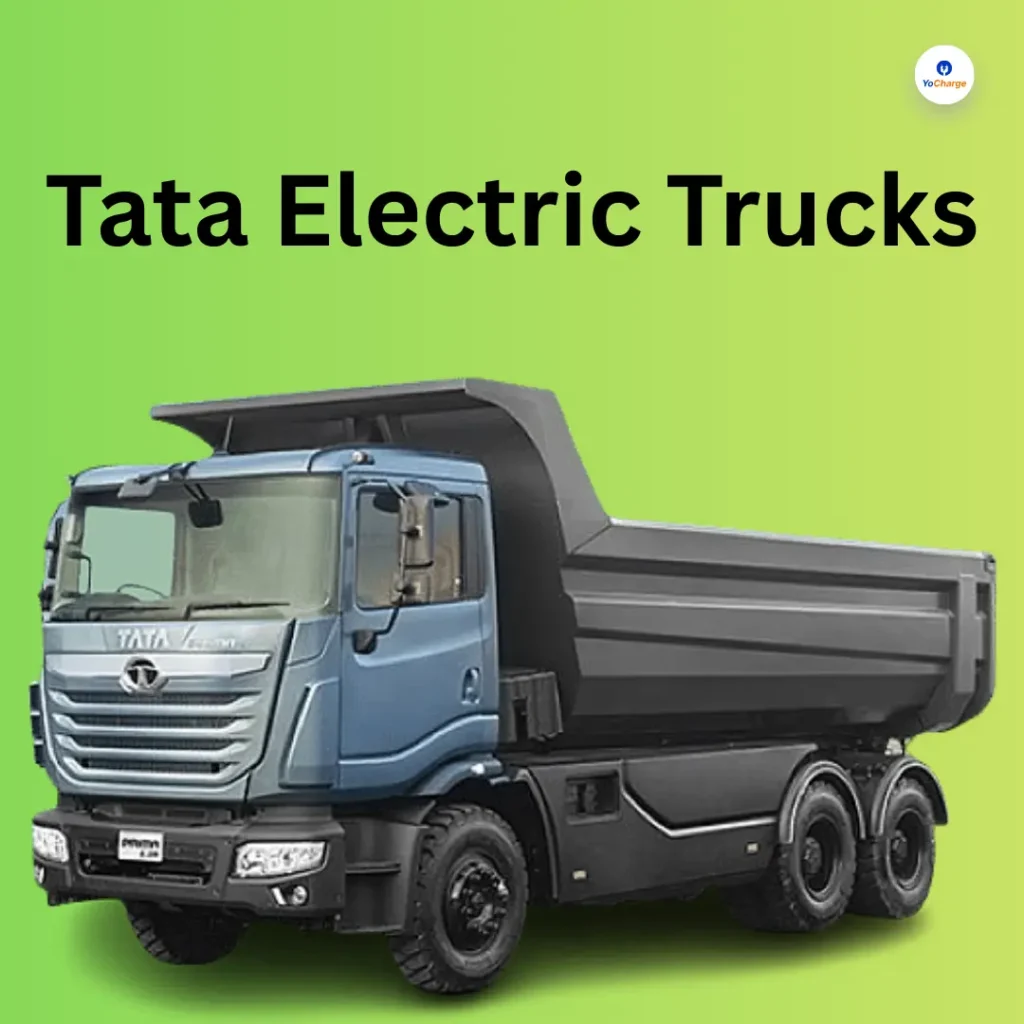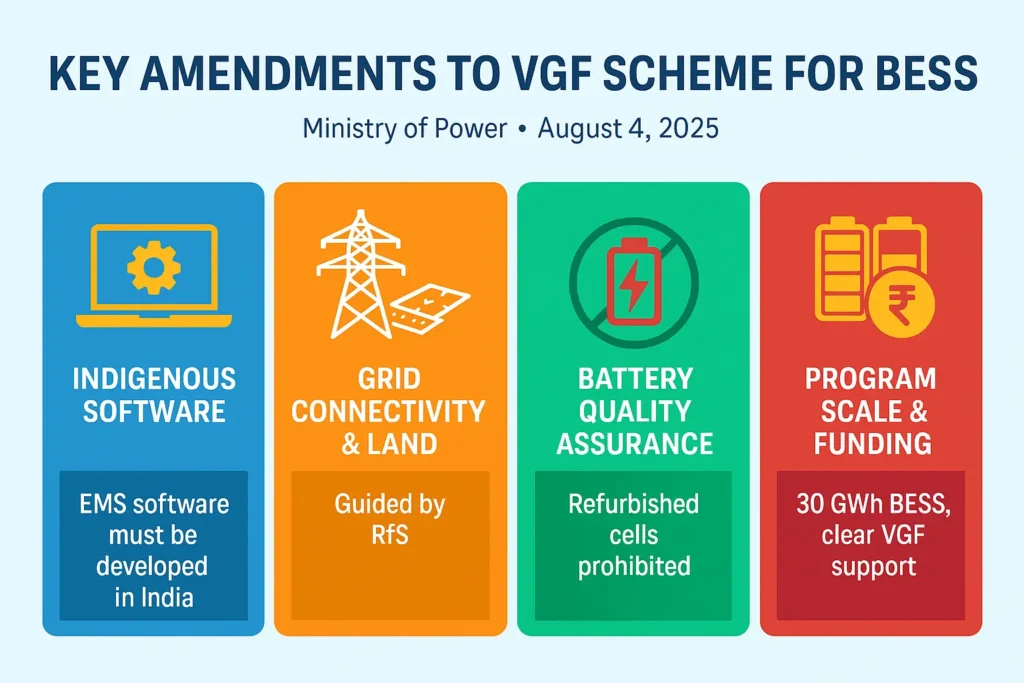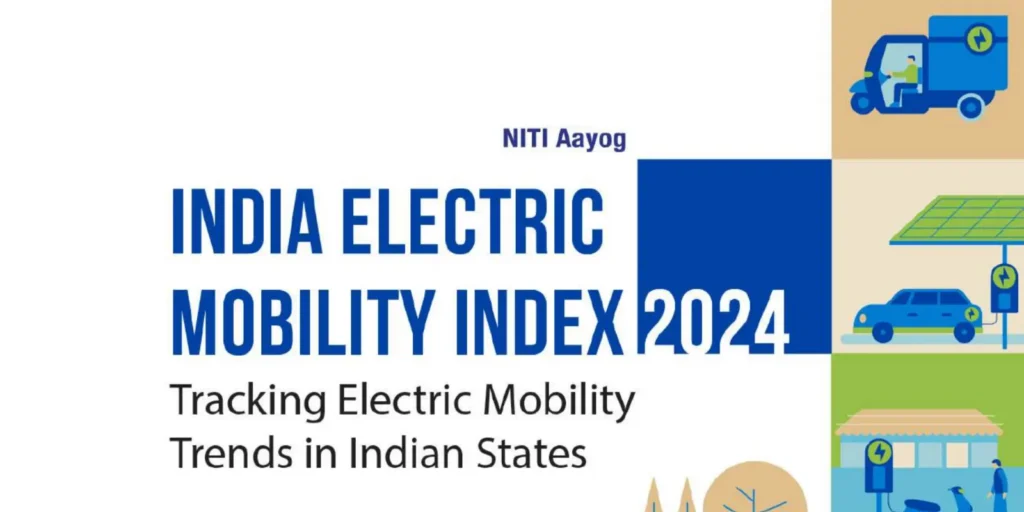The new Maharashtra EV policy offers bigger subsidies, toll exemptions, and a massive EV charging push. Learn how 13 vehicle categories now qualify for incentives and what it means for EV buyers in 2025 and beyond...Read ahead

In a major boost to India’s electric vehicle transition, the new Maharashtra EV policy has been approved, unlocking a range of incentives and infrastructure upgrades aimed at making EV adoption easier, cheaper, and more convenient.
With a fresh outlay of ₹1,995 crore, up from ₹930 crore, the Maharashtra EV policy aims to increase electric vehicle registrations to 30% of total new vehicles by 2030.
Expanded EV Subsidies Across 13 Vehicle Categories
The most notable change is the policy’s expansion of EV incentives from five to thirteen categories. In addition to two-wheelers, three-wheelers, cars, and public transport vehicles, heavy commercial vehicles such as private buses, trucks, dumper trucks, trailers, and agri-vehicles are now eligible.
Sanjay Sethi, Additional Chief Secretary (Transport), stated that the goal is to “leave no stone unturned” in accelerating EV penetration across sectors.
Under the Maharashtra EV policy, new buyers will benefit from up to 10–15% subsidies on the base price of electric vehicles, depending on the category. This includes goods carriers, electric tractors, and both private and public buses.
Toll Exemptions and Waivers to Drive Affordability
The new Maharashtra EV policy introduces full toll tax exemptions for electric four-wheelers and buses on key expressways such as:
- Mumbai-Pune Yashwantrao Chavan Expressway
- Mumbai Trans Harbour Link (Atal Setu)
- Mumbai-Nagpur Samruddhi Mahamarg
Additionally, EVs will get a 50% toll rebate on all Public Works Department-managed highways. Registered EVs in Maharashtra will also be exempt from road tax, registration certificate fees, and renewal charges, further lowering the total cost of ownership.
Also Read: NZ Speeds Up Public EV Charger Rollout
Charging Every 25 Km: Infrastructure Takes Center Stage
The Maharashtra EV policy places strong emphasis on developing a robust EV charging infrastructure. A charging station is planned every 25 kilometers, especially along key highways and urban routes.
The state government is collaborating with oil marketing companies to add chargers to existing petrol stations, aiming for 60–70% coverage. Municipal corporations will be required to allocate 1% of their annual budgets toward EV infrastructure development.
Transport Minister Pratap Sarnaik affirmed the state’s long-term commitment, stating, “Our priority remains to expand the charging network and increase production capacity. We’re open to future incentives if required.”
Why Does It Matters?
As Maharashtra continues to rank among the top EV-selling states, this policy reform makes it clear: the state is investing in both affordability and confidence for EV buyers.
With more subsidies, tax waivers, and a serious charging network push, the Maharashtra EV policy sends a strong signal to consumers and manufacturers alike.
Source: Financial Express and Others



